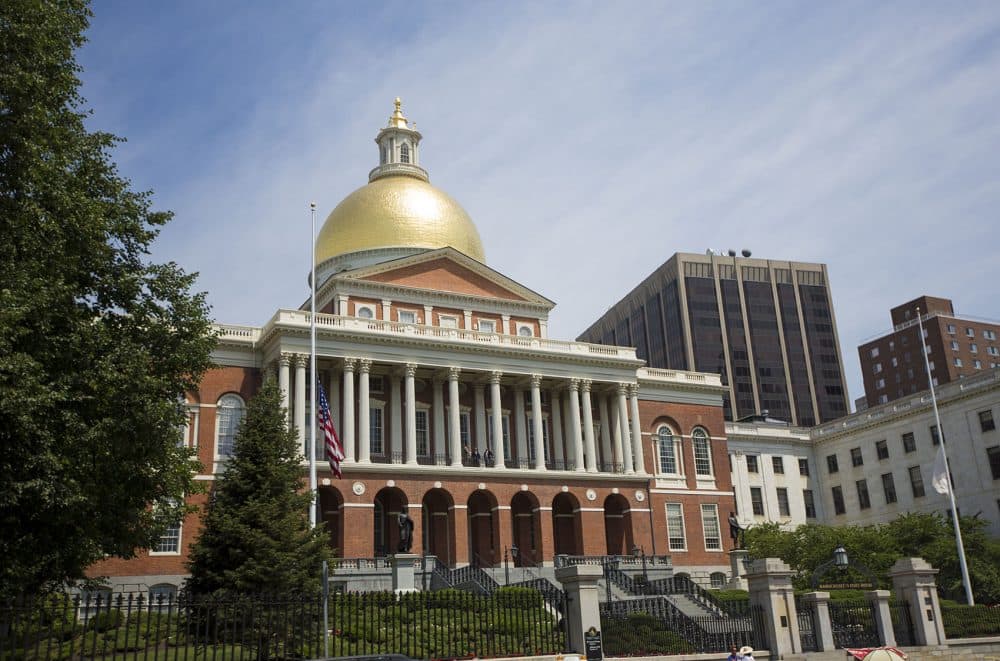Advertisement
Why The Rush? A Look At Why The Mass. Legislature Must Finish Its Work By July 31

It's been a beehive of activity at the Massachusetts State House in recent weeks, and legislators are using this convention week to prepare for a pair of busy weekends ahead — during which they hope to finish work on some key bills before their formal sessions end for the year.
But many people whose jobs require them to be at the office all year round may be wondering why the rush? There are plenty of opportunities to get bills passed when the leaves are falling, and as the snow begins to fly.
However for the past 21 years, rule 12A of the joint rules of the Great and General Court has dictated that all formal business “of the second annual session shall be concluded not later than the last day of July of that calendar year.” This is not a law. It’s a rule the lawmakers have adopted, and if they so desire, they could suspend or change the rule, but that is unlikely. More about that in a moment.
Legislative sessions last two years. The first annual session lasts from the first Wednesday in January in odd numbered years, until the Tuesday preceding the first Wednesday the following year. The second annual session runs from the first Wednesday of the even-numbered year, until the Tuesday preceding the first Wednesday of the following year.
Prior to the mid 1990s, the Legislature didn’t have what’s called “carry-over” between the first annual session and the second annual session. That meant that if a bill failed to pass in the first year of the biennial session, it needed to start from scratch in the second year. That made for a lot of paperwork, and was inefficient. It also created a mad rush at the end of each annual session, usually around the holidays.
With carry-over, a bill meandering its way through the legislative process wouldn’t die soon after the new-year, mid-way through the session. A bill given a hearing in the fall of the first annual session, could be taken up by the branches in the spring or early summer of the second annual session. Several of the bills now being finished up, such as the bill seeking to implement regulations on transportation network companies such as Uber and Lyft, were given their public hearings last fall.
Even before carry-over, lawmakers would pretty much break in June or July of the second annual session after finishing work on the state budget. The idea was to head back to their districts to campaign for re-election (even though a large number of legislators ran unopposed). But before the adoption of joint rule 12A in 1995, legislators would often come back after the election but before the start of the next biennial session, when all sorts of shenanigans were possible. Bills raising legislator pay and citizen’s taxes were always a favorite during these lame duck sessions, with lawmakers feeling somewhat emboldened after their election — knowing it would be almost a full two years before they went before voters again.
After much public criticism of the practice, the lame duck sessions were eliminated with the passage of joint rule 12A, and that brings us to the rush this month. The Republican and Democratic National Conventions have limited the number of days available for the Legislature to meet this year, which means formal sessions will be held the final two weekends of the month. Lawmakers are expected to be on their best behavior, since those seeking reelection will all be on the ballot this fall, even though many of them will be running unopposed.
